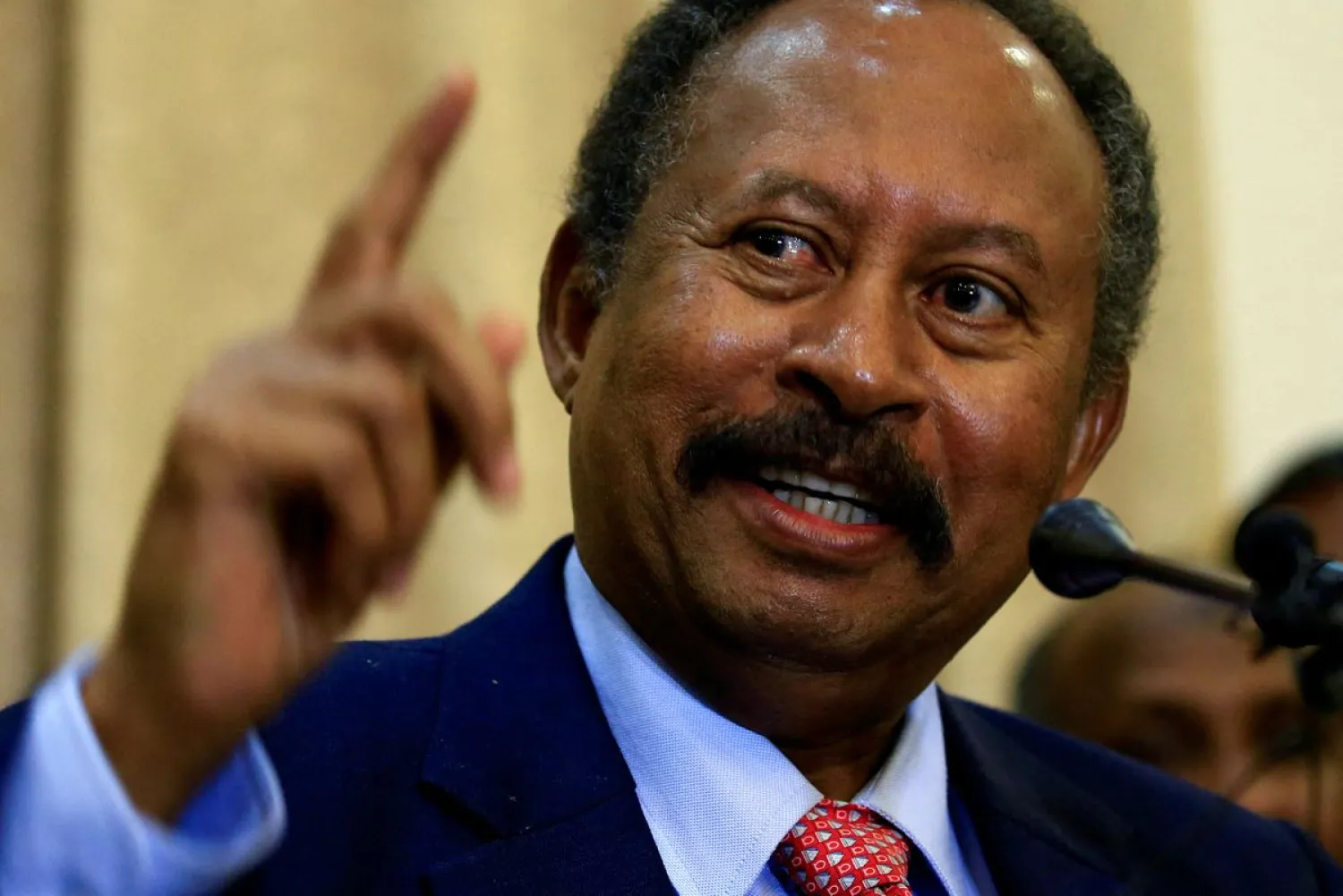Sudanese Prime Minister Abdalla Hamdok said on Sunday he was resigning, six weeks after returning to his post in a deal with military coup leaders he argued could save a transition toward democracy.
Hamdok, who had failed to name a government as protests continued against the military takeover in October, said a roundtable discussion was needed to produce a new agreement for Sudan's political transition.
"I decided to give back the responsibility and announce my resignation as prime minister, and give a chance to another man or woman of this noble country to ... help it pass through what's left of the transitional period to a civilian democratic country," Hamdok said in a televised address.
The announcement throws Sudan's political future even deeper into uncertainty, three years after an uprising that led to the overthrow of long-time leader Omar al-Bashir.
An economist and former United Nations official widely respected by the international community, Hamdok became prime minister under a power-sharing agreement between the military and civilians following Bashir's overthrow.
Ousted and placed under house arrest by the military during a coup on Oct. 25, he was reinstated in November.
But the deal for his return was denounced by many in the civilian coalition that had previously supported him and by protesters who continued to hold mass demonstrations against military rule.
Risk of 'Disaster'
On Sunday Hamdok said he had tried in vain to forge a consensus between deeply divided factions that would have allowed for the completion of a peace process signed with some rebel groups in 2020, and the preparation of elections in 2023.
"I have tried as far as I am able to spare our country the danger of slipping into disaster," Hamdok said. "Despite all that was done to bring about the desired and necessary agreement to fulfill our promise to the citizen of security, peace, justice and an end to bloodshed, this did not happen."
In the latest rallies on Sunday, hours before Hamdok's speech, security forces fired tear gas at demonstrators in Khartoum as protesters marched toward the presidential palace.
At least three people were killed, bringing to 57 the death toll in protests since the Oct. 25 coup, a doctors' committee aligned with the protest movement said. Six died and hundreds were injured in nationwide demonstrations on Thursday.
The military has said it will allow peaceful protests, and will hold to account those found responsible for violence.
Among the economic reforms Hamdok oversaw were the removal of costly fuel subsidies and a sharp devaluation of the currency.
Those enabled Sudan to qualify for relief on at least $56 billion of foreign debt and a long-running economic crisis had shown signs of easing. The coup put the debt relief deal in doubt and froze extensive Western economic backing for Sudan.
On his return as prime minister in November, Hamdok said he wanted to preserve the economic steps taken by the transitional government and halt bloodshed after rising numbers of casualties from the crackdown on protests.









